
Italy is a country with many different languages and dialects. One of these is Lombard, spoken in Lombardy and in Milan
Italy is renowned for its rich mosaic of regional languages and dialects, but few are as interesting as Friulian, or Furlan
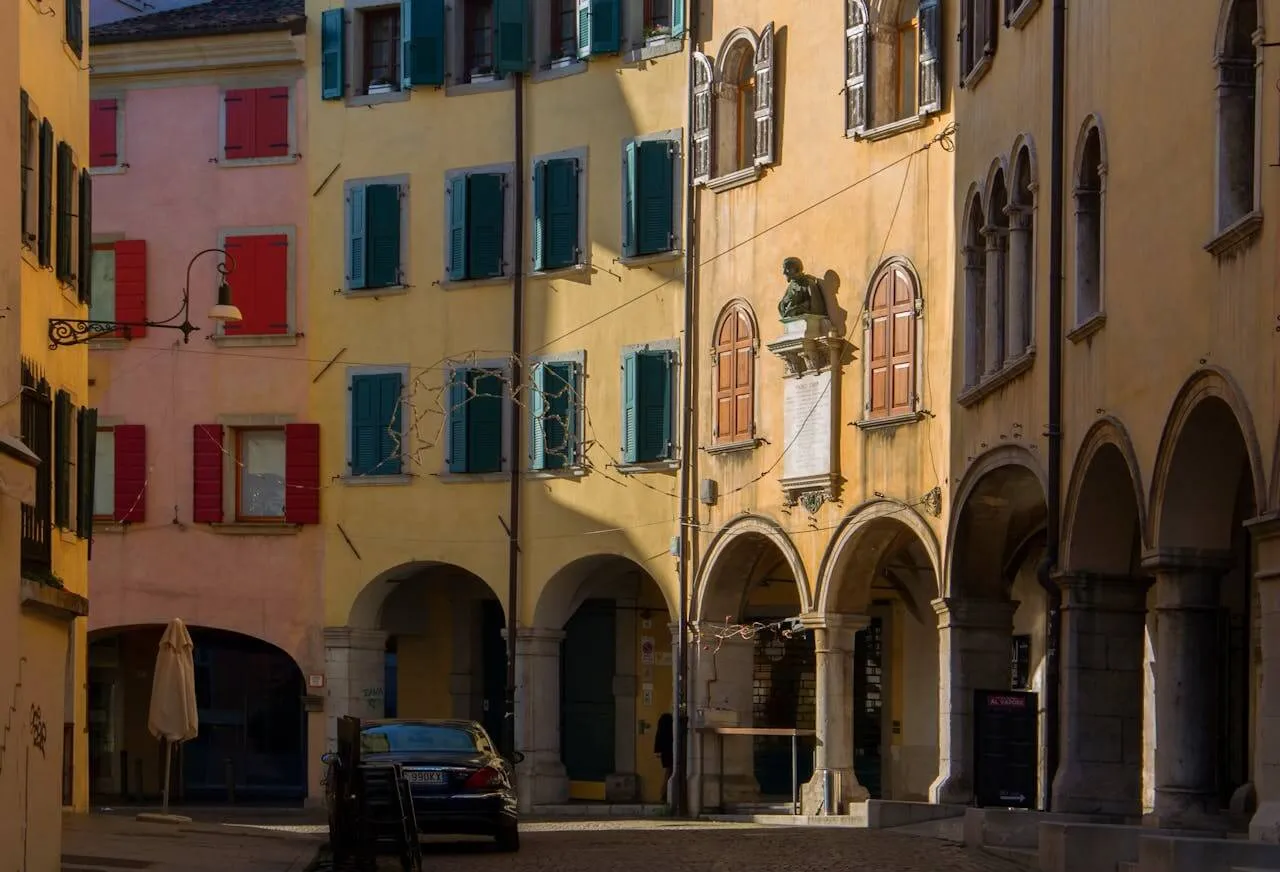
Friulian (furlan in Friulan and friulano in Italian) is spoken in Friuli Venezia Giulia, a small region in the northeastern corner of Italy, bordering Venice, Austria, and Slovenia. Like many regional languages in Italy, it is often regarded as a dialect, but in reality it is a language in its own right, with its own pronunciation, grammar, and vocabulary. It has endured centuries of cultural blending and remains a strong part of local identity today. Let’s explore this lesser-known Romance language together.
Friulian belongs to the Rhaeto-Romance group, alongside Ladin and Romansh, languages spoken in the Dolomites and parts of Switzerland. Rooted in Latin like many other languages on the Italian peninsula, Friulian has its own distinctive features. Its vocabulary and pronunciation reflect centuries of contact with Slavic and Germanic languages, influenced by Friuli’s proximity to Austria and Slovenia.
Like many regional languages, Friulian varies across provinces. A speaker from Udine may sound noticeably different from someone in Carnia or Pordenone, reflecting the region’s geographical diversity and local traditions.
While Friulian is the traditional tongue across much of Friuli, it is not spoken in Trieste, the capital of the region. Instead, locals there speak a dialect more closely related to Venetian.Even if the two languages are similar, people from different regions sometimes struggle to understand each other. This linguistic divide fuels a long-standing, friendly rivalry between the Triestini and Friulani, each proudly preserving their unique cultural heritage. It also highlights how rich and complex Italy’s linguistic landscape truly is, even within a single region.
Even Dante Alighieri had something to say about Friulian. In his treatise De Vulgari Eloquentia, he compared the sound of Friulian to barking, not exactly a compliment, but proof that the language’s distinctiveness was recognized even in medieval times.
Today, Dante’s judgment is often cited with a sense of irony and pride, as modern speakers embrace Friulian’s strong identity rather than seeing it as a flaw.
Here are some basic Friulian phrases to help you sound like a local. The table also includes translations into standard Italian, so you can immediately see the differences between the two languages.
| Friulian Phrase | Italian | English Meaning |
|---|---|---|
| Mandi | Ciao / Arrivederci | Hello and goodbye (universal Friulian greeting) |
| Bundi | Buongiorno | Good morning |
| Buine sere | Buonasera | Good evening |
| Par plasê | Per favore | Please |
| Mi displâs | Mi dispiace | I’m sorry |
| Cemût sês tu? / Cemût va di? | Come stai? / Come va? | How are you? |
| O stôi ben, e tu? | Sto bene, e tu? | I’m well, and you? |
| Benon, e tu? | Benissimo, e tu? | Very well, and you? |
| Ce âstu non? | Come ti chiami? | What’s your name? |
| Jo o ai non… | Mi chiamo… | My name is… |
| Di dulà sês tu? | Di dove sei? | Where are you from? |
| O soi di… | Sono di… | I am from… |
| Cjacaristu furlan? | Parli friulano? | Do you speak Friulian? |
| No ai capît | Non ho capito | I don’t understand |
| Jo o vif a Udin | Vivo a Udine | I live in Udine |
| O soi strac / strache | Sono stanco / stanca | I am tired |
| O ai fam | Ho fame | I’m hungry |
| Al è cjalt | Fa caldo | It’s hot |
| Al è frêt | Fa freddo | It’s cold |
| Fantat / Fantate | Ragazzo / Ragazza | Boy / Girl |
| Om | Uomo | Man |
| Femine | Donna | Woman |
| Frut / Frutate | Bambino / Bambini | Child / Children |
| Friûl | Friuli | Friuli (the region) |
One of Friulian’s most passionate advocates was the writer, poet, and filmmaker Pier Paolo Pasolini. Friulian was especially dear to him because his mother, Susanna Colussi, was Friulian, and Pasolini spent several formative years living in the region.
Pasolini considered Friulian a pure, poetic language, deeply connected to rural life and popular tradition. At a time when many regional languages were dismissed as mere dialects, he saw Friulian as a true literary language worthy of preservation. He wrote many poems in Friulian, including works collected in Poesie a Casarsa, his first published book.
Though often overshadowed by standard Italian and larger regional dialects, Friulian is a cultural gem. It is taught in schools, supported by regional institutions, and celebrated in literature and media. If you visit Friuli, try greeting someone with a warm Mandi!, it might open the door to a rich conversation in this beautiful, historic language.

Italy is a country with many different languages and dialects. One of these is Lombard, spoken in Lombardy and in Milan
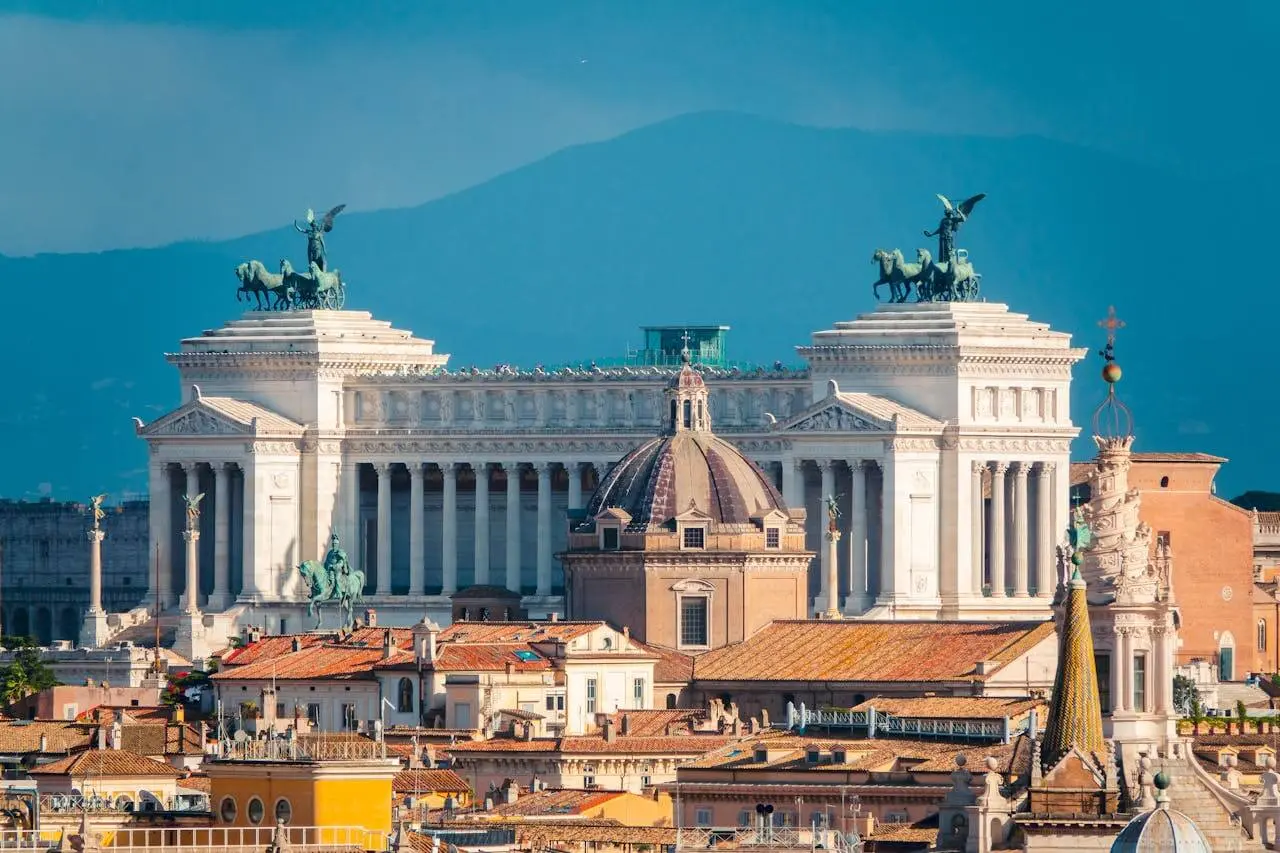
The Roman dialect, or Romanesco, is the language spoken in the city of Rome, the capital of Italy, and throughout the Lazio region
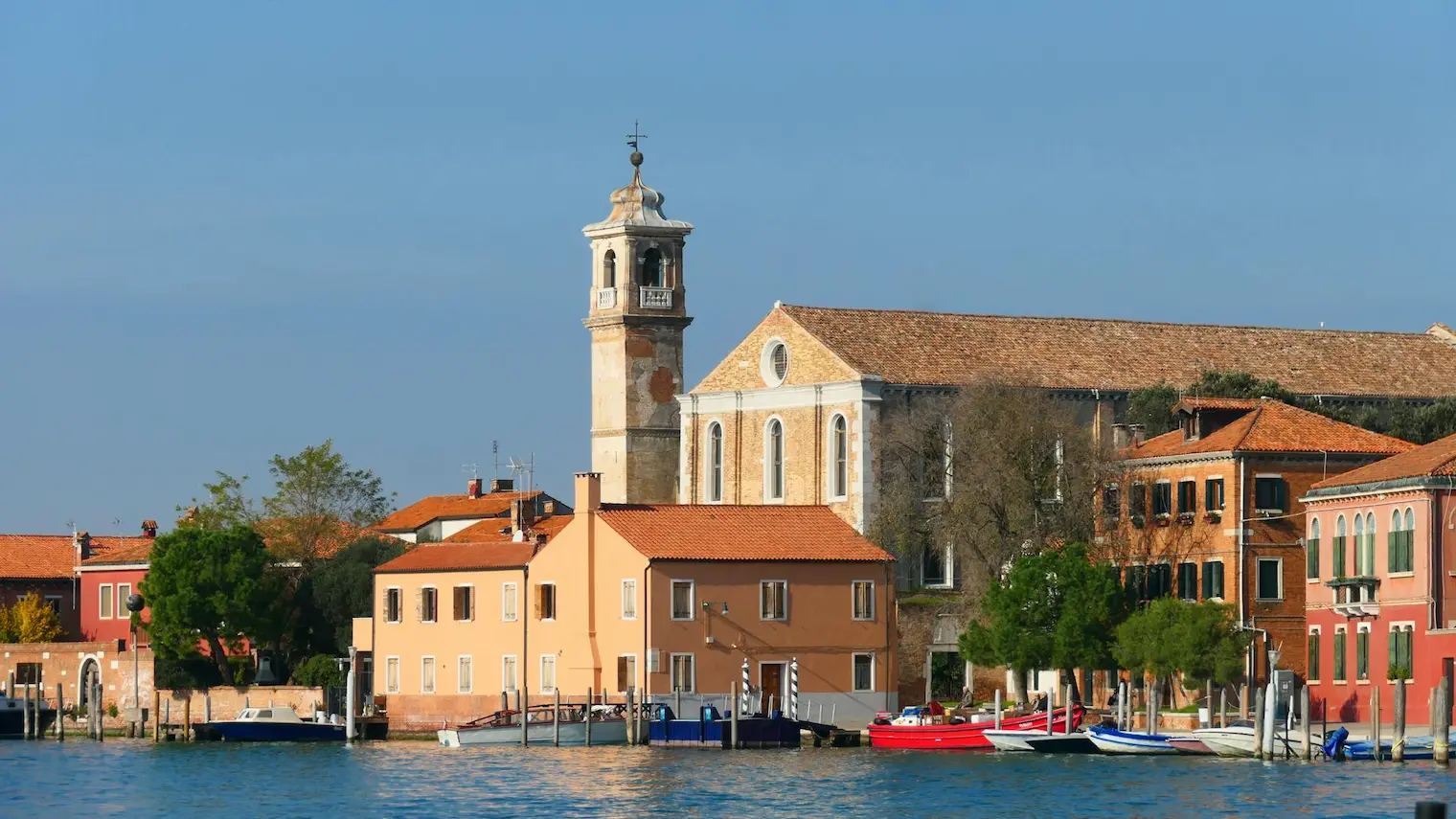
Discover the Venetian language, the unique language you will hear if you walk through the streets of Venice
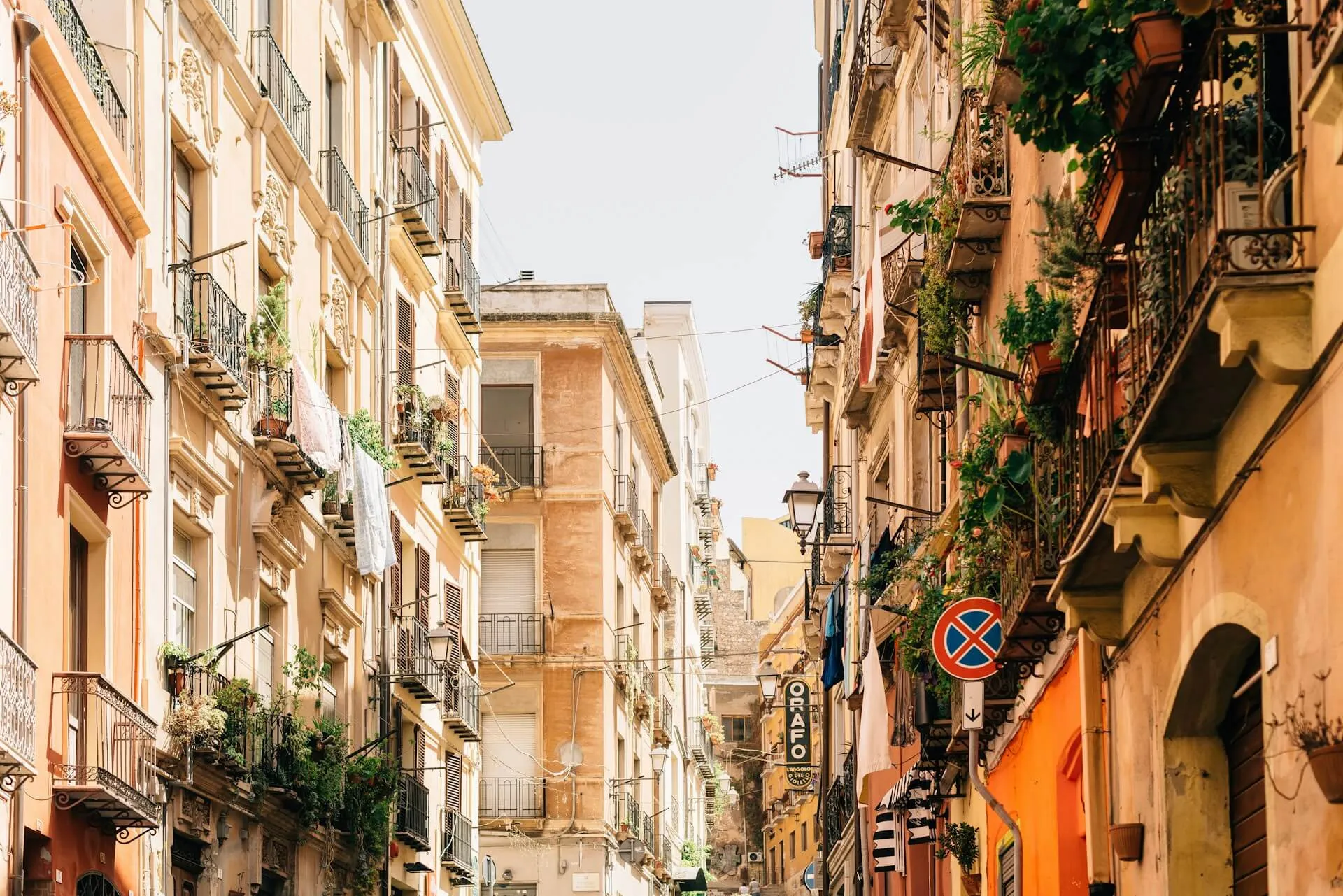
When you think of the Italian language, Italy is likely the first place that comes to mind. However, Italian is spoken in several other countries around the world
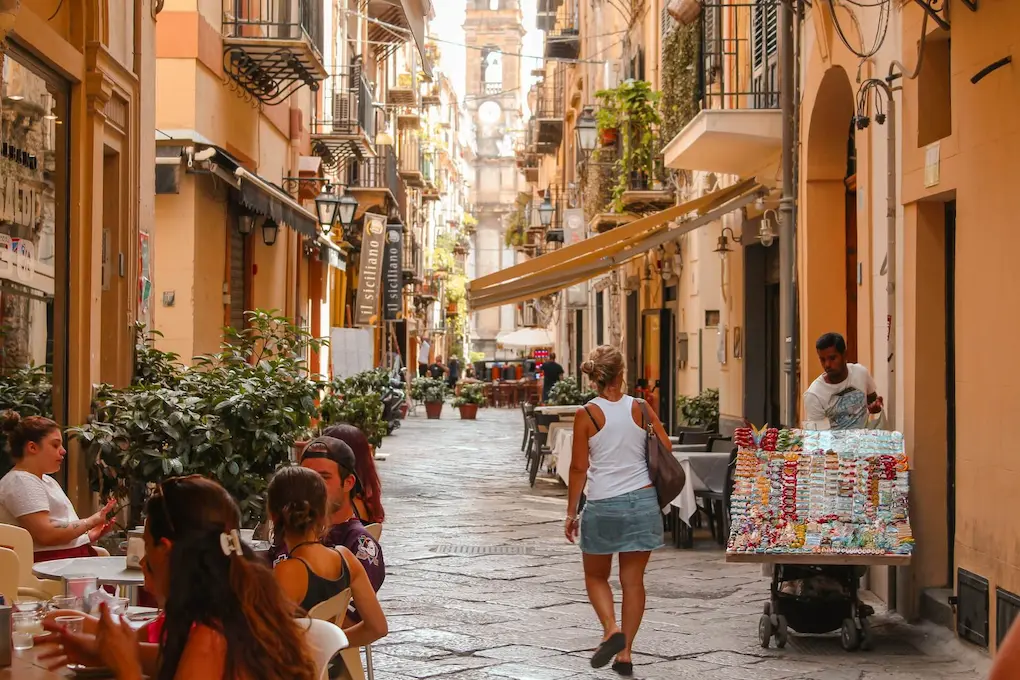
Italian slang shows how people really speak in everyday life—on the streets, online, and among friends